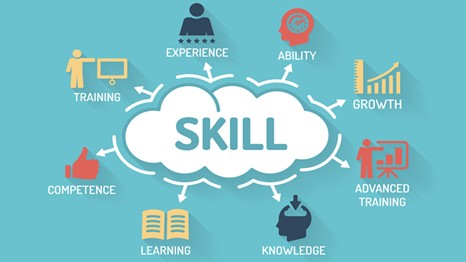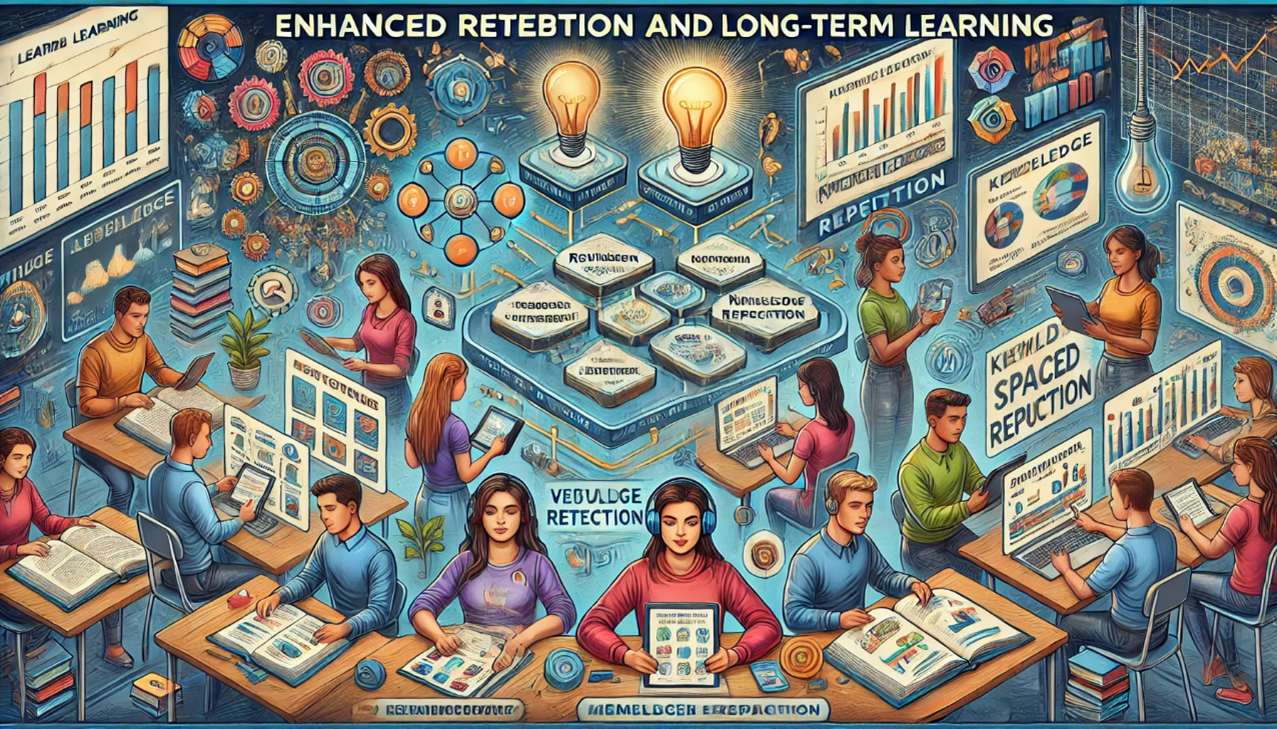Are there ways to minimize the negative effects of globalization on income inequality?

Are there ways to minimize the negative effects of globalization on income inequality?
by Maximilian 09:38am Jan 11, 2025

Yes, there are several strategies that governments, organizations, and international institutions can adopt to minimize the negative effects of globalization on income inequality. These approaches focus on fostering inclusive growth, protecting vulnerable populations, and ensuring equitable distribution of the benefits of globalization.
1. Education and Skill Development
Access to Quality Education: Investing in accessible, high-quality education ensures that people have the foundational skills to participate in a globalized economy.
Vocational Training: Tailored programs to develop skills aligned with market demands, especially in sectors like technology, manufacturing, and services.
Lifelong Learning: Promoting continuous learning opportunities to help workers adapt to changing industries and technologies.

2. Progressive Taxation and Redistribution Policies
Fair Tax Systems: Implement progressive taxation where higher-income earners pay a greater share, reducing income inequality.
Social Safety Nets: Use tax revenue to fund welfare programs, such as unemployment benefits, healthcare, and pensions, to protect vulnerable populations.
Universal Basic Income (UBI): Consider direct cash transfers to ensure a baseline income for all citizens.
3. Support for Small and Medium Enterprises (SMEs)
Access to Credit: Provide affordable loans and financing options for SMEs to help them compete with larger multinational corporations.
Capacity Building: Offer support for innovation, technology adoption, and market access to boost the competitiveness of local businesses.
Trade Protections: Implement temporary safeguards, such as tariffs or subsidies, to shield nascent industries from overwhelming competition.

4. Fair Trade Agreements
Inclusion of Labor Protections: Ensure that trade agreements include provisions for fair wages, safe working conditions, and the prevention of exploitation.
Support for Developing Economies: Design trade policies that provide preferential treatment to developing countries to help them build competitive industries.
Environmental and Social Standards: Require MNCs to adhere to ethical practices that prioritize long-term sustainability.
5. Empowerment of Workers
Strengthening Labor Unions: Support collective bargaining to ensure fair wages and better working conditions.
Minimum Wage Laws: Implement and enforce minimum wage regulations that reflect living costs.
Worker Protections: Enforce labor laws that prevent exploitation and discrimination in workplaces.

6. Regional and Rural Development
Infrastructure Investments: Develop transportation, energy, and digital infrastructure to connect rural and underdeveloped regions to economic opportunities.
Decentralization: Encourage industries to expand beyond urban centers, spreading economic benefits more evenly.
Agricultural Support: Invest in rural economies through modern farming techniques, subsidies, and market access.
7. International Cooperation
Global Governance: Strengthen international frameworks that address issues like tax evasion, money laundering, and corporate profit shifting.
Development Aid: Target aid toward education, healthcare, and infrastructure in the most affected regions.
Technology Sharing: Facilitate the transfer of technology and knowledge to developing countries to narrow productivity gaps.

8. Inclusive Technological Innovation
Access to Digital Tools: Provide affordable access to technology and the internet to reduce digital divides.
Digital Education: Train individuals in digital literacy to participate in online economies.
Technological Equity: Ensure that automation and AI advancements do not disproportionately displace low-income workers without providing alternative opportunities.
9. Promoting Gender Equality
Equal Pay: Address wage disparities between men and women.
Access to Opportunities: Support programs that empower women through education, entrepreneurship, and leadership training.
Family Support Policies: Implement childcare, parental leave, and healthcare programs that enable greater workforce participation.
10. Monitoring and Evaluation
Data-Driven Policies: Use data to track the impact of globalization on income inequality and adjust strategies as needed.
Stakeholder Engagement: Involve local communities, businesses, and civil society in designing policies to ensure they address real needs.
Accountability Mechanisms: Establish transparent systems to monitor the implementation and outcomes of policies aimed at reducing inequality.

Conclusion
Minimizing the negative effects of globalization on income inequality requires a combination of local and global efforts. By implementing inclusive policies, fostering equitable opportunities, and ensuring the fair distribution of resources, societies can harness the benefits of globalization while mitigating its downsides.






